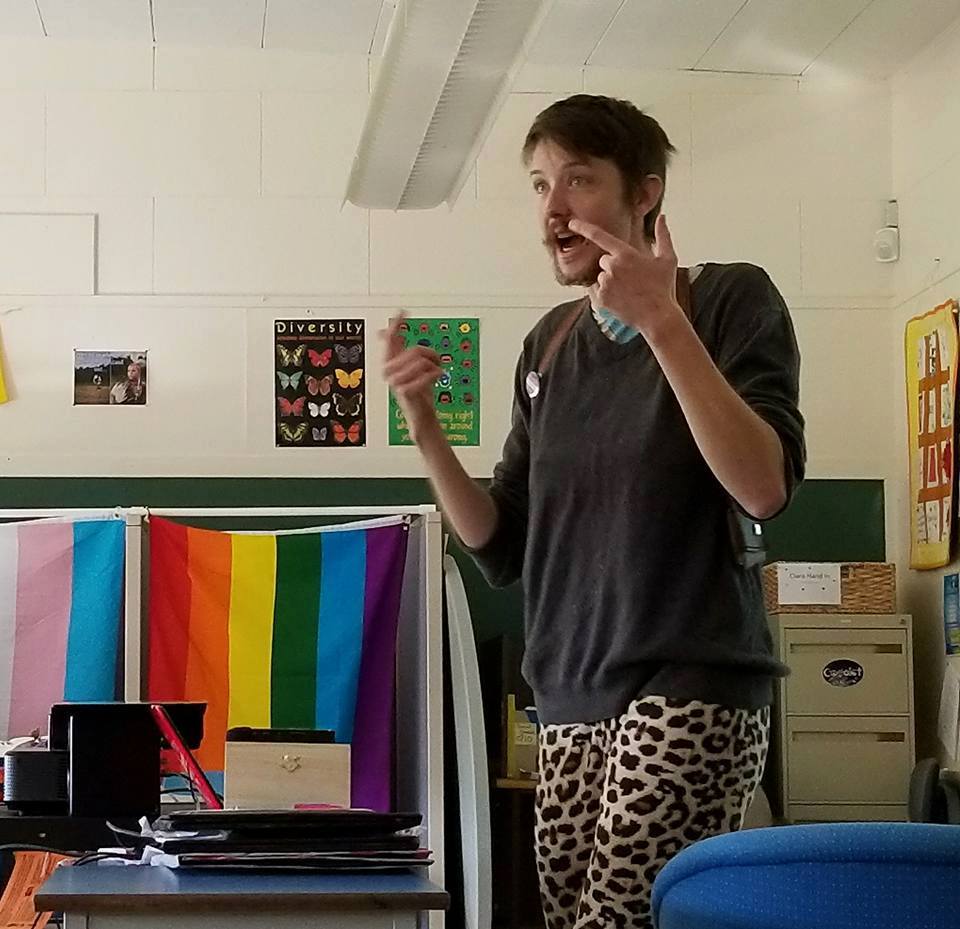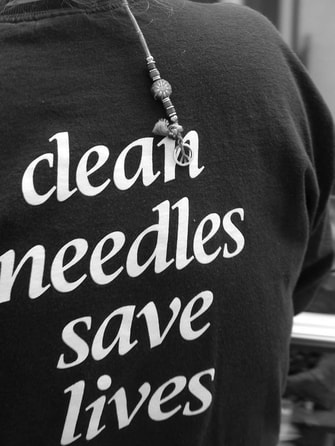|
ANKORS programs are provided in a non-judgmental manner without prejudice ensuring the individual's right to anonymity and confidential access. We serve those living with and at the greatest risk of acquiring HIV / AIDS and/or HCV, who have difficulty obtaining services elsewhere, especially due to substance use, mental illness, sexual orientation, gender identity, race and ethnicity, and/or other social barriers.
|
AIDS Vancouver Island (AVI)
Our vision is of a world free of HIV and hepatitis C. Until that time, those most at risk in our community continue to be marginalized - not only by their disease, but also by stigma and discrimination, poverty, and despair. As we fight these diseases, we join with those we serve to provide services based on consideration and respect and to provide visibility and a voice in the community. MAILING ADDRESS 3rd Floor - Access Health Centre 713 Johnson St, Victoria BC V8W 1M8, Lekwungen Territory
PHONE 250-384-2366 FAX 250-380-9411 TOLL FREE / INFOLINE 1-800-665-2437 EMAIL [email protected] HARM REDUCTION 3-10pm daily MOBILE HARM REDUCTION SERVICES 12-4pm Wed-Fri only [250-896-AVIX (2849)] OFFICE HOURS Mon-Fri 10am-5pm (Harm Reduction open from 3pm-10pm), Sat-Sun 3pm-10pm |
Statement of Humility and Gratitude from the Street College Author:
|
|
I had the great honour of assembling the knowledge in this collection from a diverse and community-based knowledge base.
Harm Reduction knowledge has always been something that comes first and foremost from on the ground. The lives and bodies of drug-using people, sex workers and intersectionally marginalized folks have been the progenitors and test grounds for much of what is collected here. In the process of gathering this knowledge, I may have missed pieces or had things lost in translation. As a reader, you may also be missing context to completely grasp the ways that I tried to communicate these ideas. Recognizing the ideas within as living artifacts of resistance culture, we can recognize the limitations of the written word. I wish to apologize to those from who I have learned and gathered this knowledge from for the pieces that may end up lost in the exchanges between us. I am grateful to ANKORS, AVI, SOLID and individuals from the communities of drug users who helped inform this project in both Victoria and Nelson. Kori Doty, 2019 ANORS Street College was prepared by Kori Doty for ANKORS With support from Chloe Sage, Anthony Sanna, Cheryl Dowden, Robert Livingood Based on the work of Shane Calder, AVI and SOLID 2018 |
ANKORS – WEST KOOTENAY OFFICE
|
email
|
phone 250-505-5506
fax 250-505-5507 |
address
|
101 BAKER STREET,
NELSON, BC V1L 4H1 |
ANKORS – EAST KOOTENAY OFFICE
|
email
|
phone 250-426-3383
fax 250-426-3221 |
address
|
209 16TH AVE. N.,
CRANBROOK, BC V1C 5S8 OFFICE DROP-IN & NEEDLE EXCHANGE HOURS: TUESDAYS AND THURSDAYS 2-4PM WEDNESDAYS 9-3 EXCLUDING LUNCH (12-1) |

